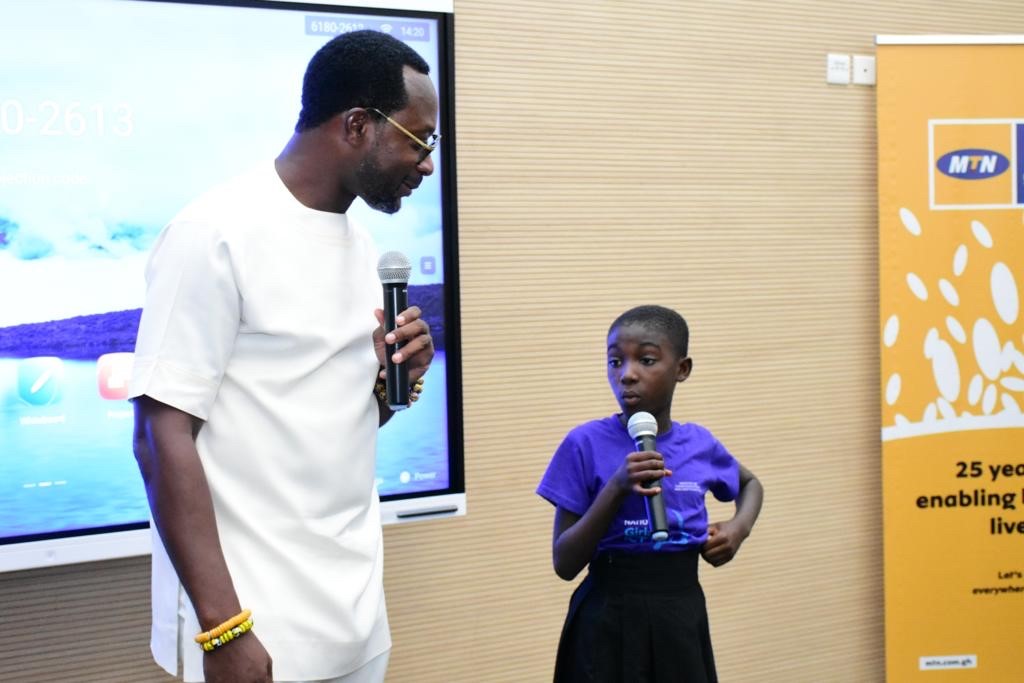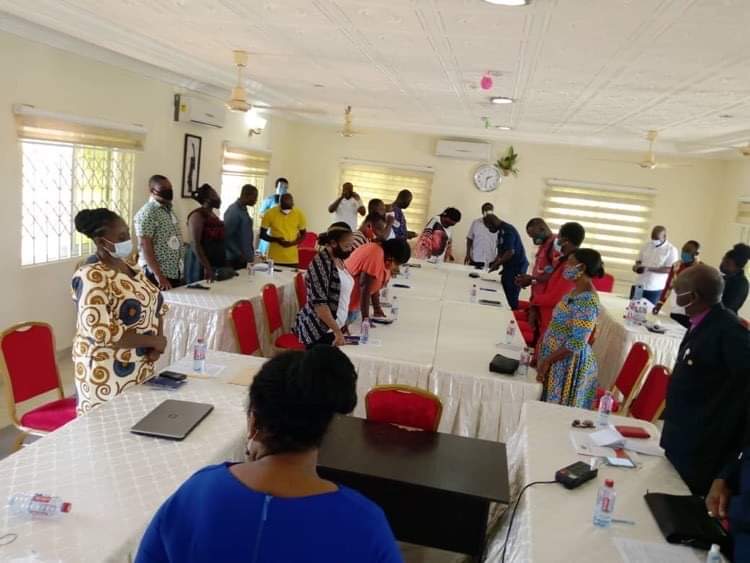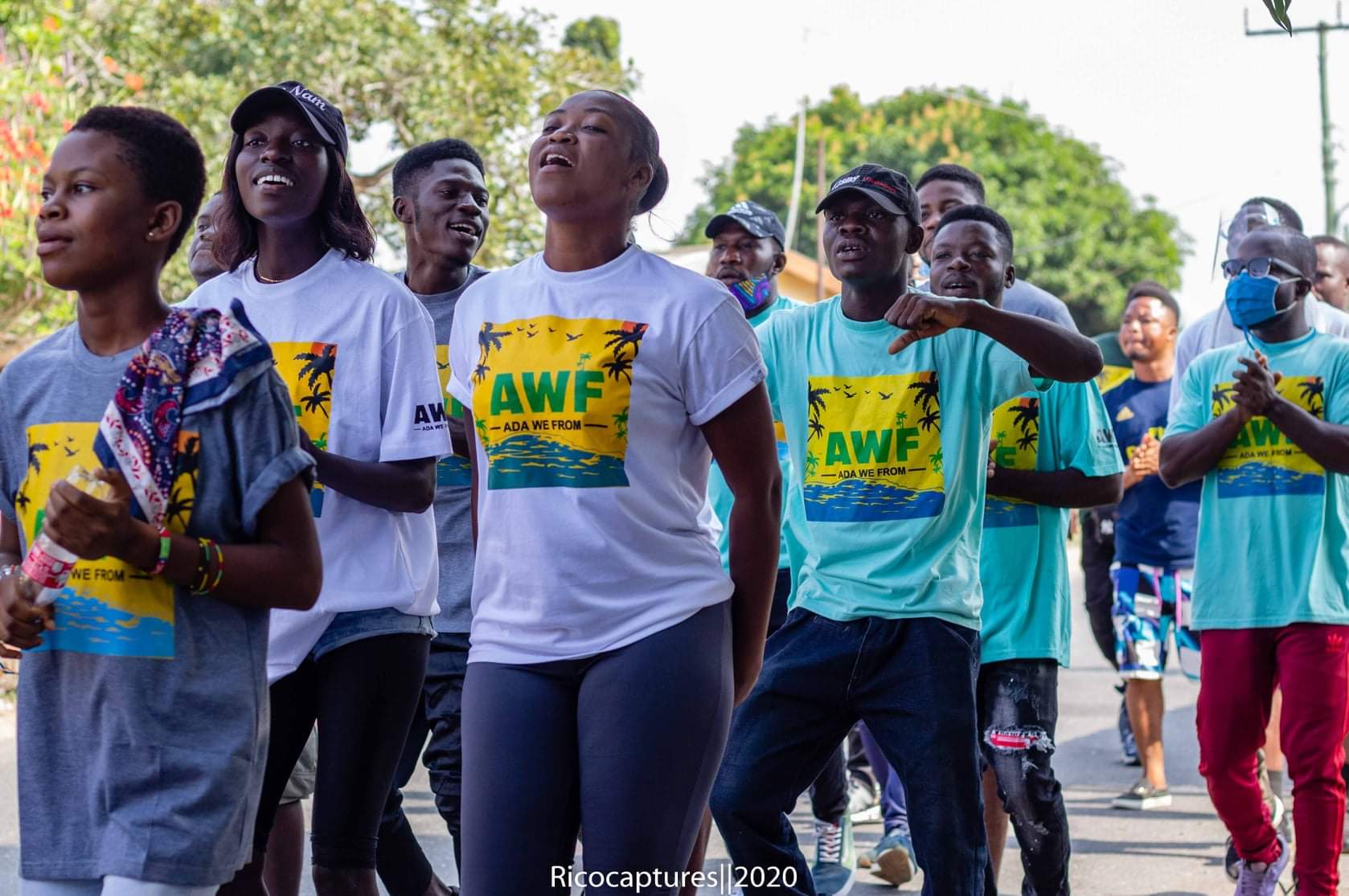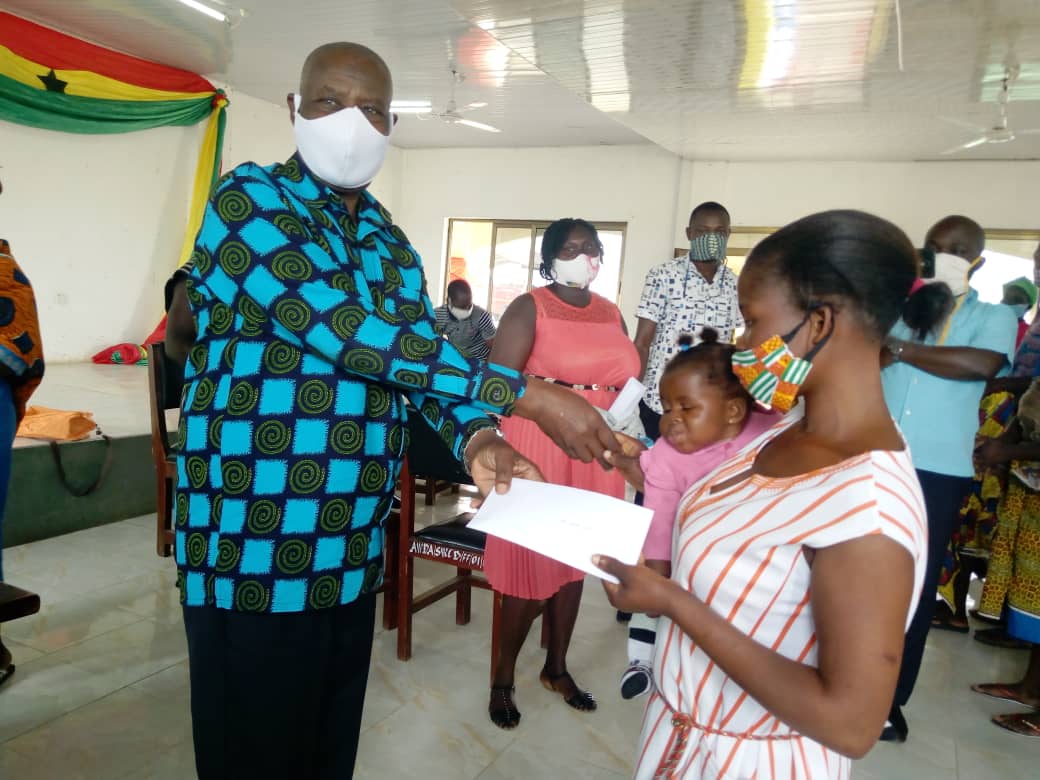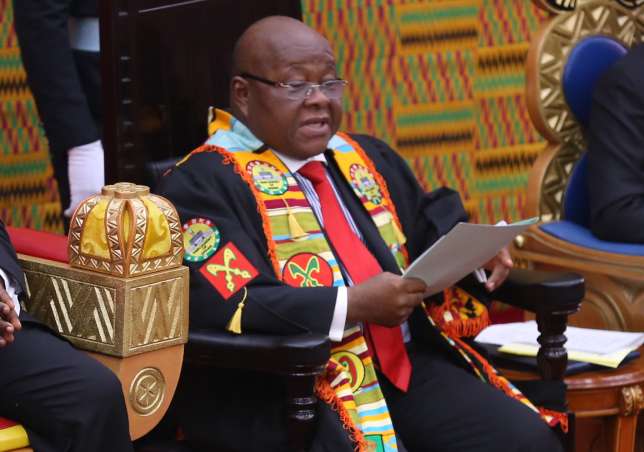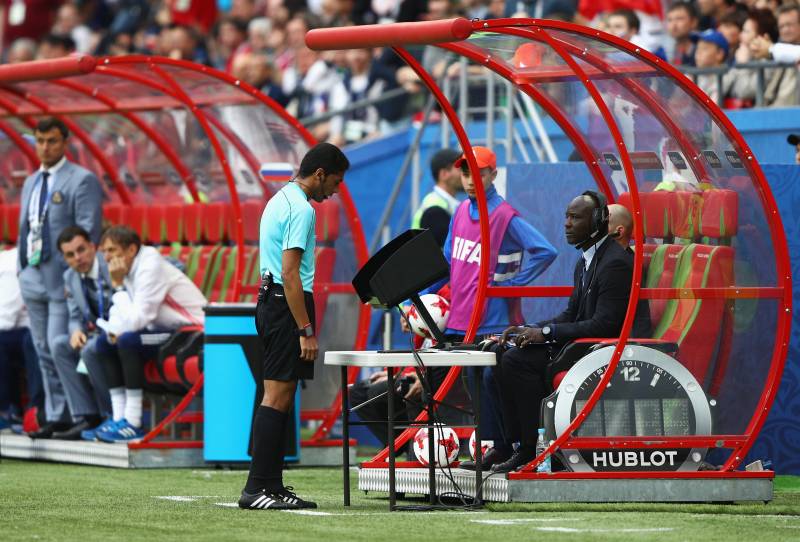
Football’s lawmakers, the International Football Association Board, enshrined the video assistant referee into law, paving the way for VAR’s use at the World Cup in Russia. The final authorisation should follow on March 16 at the FIFA Council meeting in Colombia. “As of today, video assistant refereeing is part of football,” said FIFA president Gianni Infantino.
The stakes – Imagine the scene. July 14, Luzniki Stadium in Moscow: Neymar prances forward, dribbles four, five German defenders, and scores. For a moment French top referee Clement Turpin hesitates. Then Turpin draws a rectangle, a video screen, in the air. The VAR takes his time. The air is sucked out of the stadium. Fans, media and pundits wonder, and ponder, what’s happening. Turpin disallows the goal and Germany, leading 1-0, win the World Cup.
Historic step for football – With the impending World Cup and FIFA’s push for the VAR, the lawmakers of the game faced an almost impossible, if not damned, situation: refereeing mistakes at a World Cup without VAR ‘d face major protest; wrong VAR decisions at the tournament outrage, but IFAB, with representatives from the British home nations and FIFA, met in the Dolder Grand hotel on the outskirts of Zurich to contemplate VAR once more and enshrined the system into the laws of the game. In a statement IFAB called the unanimous decision a ‘historic step for football’ and VAR ‘represents a new era for football.’
Infantino’s full endorsement – The FIFA President has been a long supporter of VAR. “From the approximately thousand games that were part of the experiment, the level of accuracy of the decision-making increased from 93% to 99% – 99% of decisions were correct thanks to VAR,” highlighted Infantino. “It is almost perfect, not perfection. We have the ambition to be as close to precision and VAR certainly gets us closer.”
Minimum interference, maximum benefit – IFAB said the ‘philosophy’ of VARs is ‘minimum interference – maximum benefit’ with the intention of reducing ‘unfairness caused by clear and obvious errors or serious missed incidents.’
A fair World Cup – VAR use at the World Cup is expected to be approved by the FIFA Council later in March, a controversial decision, but FIFA’s supremo was confident about its application in Russia this summer. “We hope and encourage a favourable decision [from the Council] in this respect because we are very positive about VAR,” said Infantino. “For this reason, I believe that with VAR at the World Cup we are certain to have a fair World Cup. It will not solve everything. There are grey areas. The most important competition, the World Cup, can’t afford to be decided on a potential mistake.”
Opposition remains – The Welsh FA touched upon it, but opposition, or at least unease, remains over VAR. The system, which has been trialled for about two years, is not a panacea for bad referring decisions in four match-changing situations. VAR is still very much in its infancy, the midweek FA Cup replay between Tottenham and Rochdale another case in point. Tottenham coach Mauricio Pochettino echoed the sentiment of plenty of his colleagues after the game. “I think we have the best referees in Europe or the world but I don’t know if this system will help them or cause more confusion,” said Pochettino. “It is a game of emotion. If we are going to kill this emotion I think we are going to change the game.”
Fairness trumps emotion – Infantino dismissed the emotional argument that has been used by critics to scrutinise VAR. Those who were used to complain about the referee, they can complain about VAR now, they have another target,” joked Infantino. “You need an excuse when you lose a match. At the end of the day, what is more important, we can help the referee to take the right decision. We bring more fairness to the game. Once every three days he makes a mistake, if he can limits that to once every 19 days, shows the fairness. That must be the main objective.”
KU Leuven study – The validity of VAR is, however, not in question. The University of Leuven in Belgium presented collated data from various VAR trials to IFAB in January, painting a positive picture about the technology with an average of fewer than five checks per match, 8% of VAR decisions with a decisive impact on the result and an average time lost of less than 1% of overall playing time.
VAR’s lack of communication – IFAB’s decision will allow leagues and competitions, including the World Cup, to apply to football’s lawmakers to implement the technology. Apart from the emotional argument against VAR, the flow of the game is endangered and a lack of communication with fans has often left them confused. VAR is unlike goal-line technology: often it’s not simply a fact in play, but the interpretation of the laws of the game. That subjective interpretation is transferred to the VAR. The final decision will often spark controversy, self-defeating one of the main purposes of the technology to stem the endless debate.
No VAR in next season’s Champions League – Earlier this week Alexander Ceferin confirmed at the UEFA congress in Bratislava that VAR will not be used in next season’s Champions League. “I think that it will be probably used at the World Cup,” said Ceferin. “We will not use it from the next season in the Champions League. I can tell you that. But I’m absolutely not against it. I think there’s no way back anymore. But we have to educate the referees properly. Nobody exactly knows how it works, which might be a big problem. So, let’s see what happens at the World Cup and then we will decide.”
VAR experiment at the World Cup – Ceferin’s words were both telling and ominous as he implied VAR would still be in the experimental phase on the grandest stages of them all, the World Cup, and that it’s too early too soon. FIFA tested the technology on four occasions, at the 2016 and 2017 Club World Cups, the 2017, U-20 World Cup in South Korea and the 2017 Confederations Cup. Firmly in the spotlight, VAR proved to be very contentious in Russia.
VAR is an option – In response to Ceferin’s comments Infantino emphasised that VAR is very much an opportunity for league and tournament organizers. “What is important that IFAB took a deacon to officialize the use of VAR in football, but, at the same time everyone is free to organise whether he wants to use it or not,” said the FIFA president. “It’s an option.” Pierluigi Colina cautioned that UEFA was still preparing for the implementation for VAR.
Why the rush with VAR – Infantino has always been a great advocate for VAR, but, while the system has obvious benefits in eradicating erroneous refereeing, a hasty implementation, in time for the World Cup, may be ill-judged. With FIFA’s sponsorship deals drying up in the wake of the global scandal engulfing the governing body, VAR could, however, offer new avenues for sponsor agreements and usher in a new era of a technology in the game.
Credit: AIPS Media


